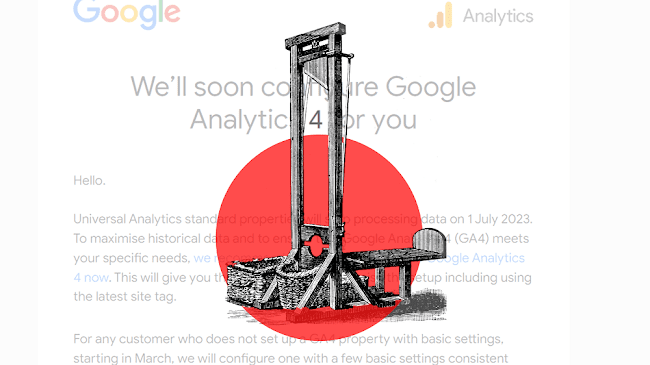To create government services in plain English, the 'State' must delete itself. Here's why.

What does 'the State' mean to you?
In Ireland (where I live), it's not one thing but many.
'The State' refers to our institutions of officialdom - courts, ministries, agencies, etc.
It's also the area of Ireland's geographic jurisdiction - our dry land.
Lastly it describes a sort-of spirit of Ireland-ish-ness. An administratively sanctioned Kathleen Ni Houlihan if you will.
'The State' is used with such frequency in governmental communications here that I never thought much about its multiple meanings - until I had to.
Find, Read, Understand and Action
I'm a web guy. My job is making digital information and services easier to Find, Read, Understand and Action. I'm good at it.
From 2016-2018 I worked on a content design project for the Irish Immigration Service. We had a lot of success. Rewriting complex procedures in Plain English was at the heart of it.
It was there that the opaqueness of 'the State' and its varying semantics became clear to me.
(Learn more about this project in 'Effective content for better government' on Slideshare.)
"Apply to the State for permission to study in the State"*
This sentence makes complete sense in official-speak.
But using one word with several meanings in a context like this just confuses normal people - especially immigrants who may not speak English as a first language.
With a little work we can clarify the difference between 'the State' as an institutional entity and 'the State' as a geographic area and reduce the cognitive burden on service users.
How about...
"Apply to the government for permission to study in the State"?
Or maybe...
"Apply to the State for permission to study in this country"?
That's a start. But we can go further...
"Apply to the government for permission to study in Ireland"?
Even better. But again we can do even more.
Let's make some assumptions about users who visit an official immigration website for Ireland:
- They know who we are (an official agency)
- They what we offer (official immgration services)
- They know what country we are from (Ireland!)
So maybe something very simple will work.
"Apply to us for permission to study here."
'The State' has been overthrown! As least terminologically.
To create government services in plain English, this needs to happen wholesale across the civil service ... and perhaps it is.
Terminological putsch!
During the last census, the 'State' was replaced with 'country' in most information campaigns.
That's progress.
More recently, you may have heard the public service announcements on the radio: "With the ongoing war in Ukraine, the government has put in place measures to help with the increased cost of living ..."
The government?! 'The State' is out. Government is in!
And yet, I don't think this anachronism will entirely disappear. It's too popular.
I mean, it feels good to say or write 'the State'. It has weight to it.
"Sit up straight, you're dealing with the State dammit!"
It lends officialdom to officiousness.
It also suggests 'the State' has agency. It has rights and interests. It does things. Not the government, not civil servants or people.
So when mistakes happen ... well, 'the State' is to blame. Which means no-one is to blame.
Except perhaps Kathleen Ni Houlihan.
*OK, this precise sentence did not occur, but many came damn close.
Labels: Content Design

